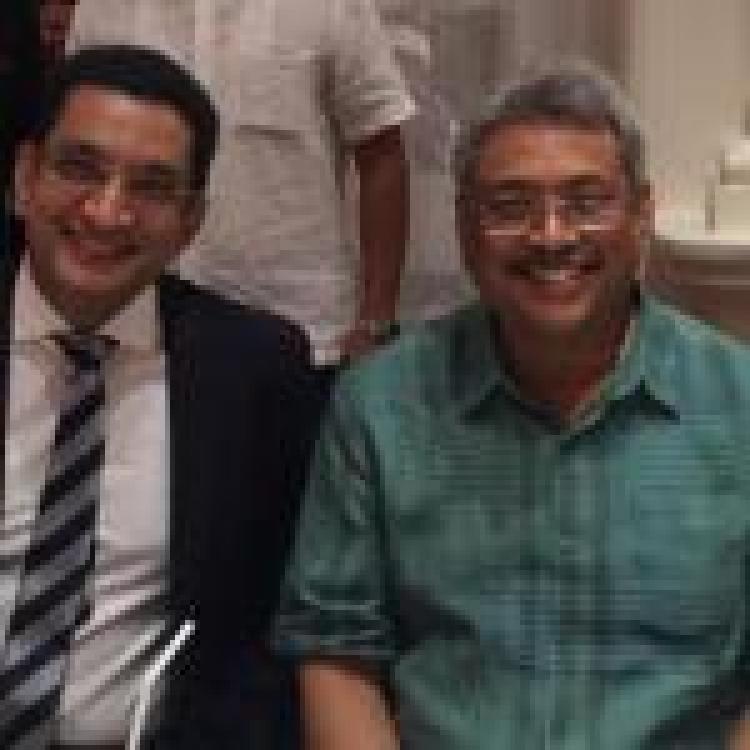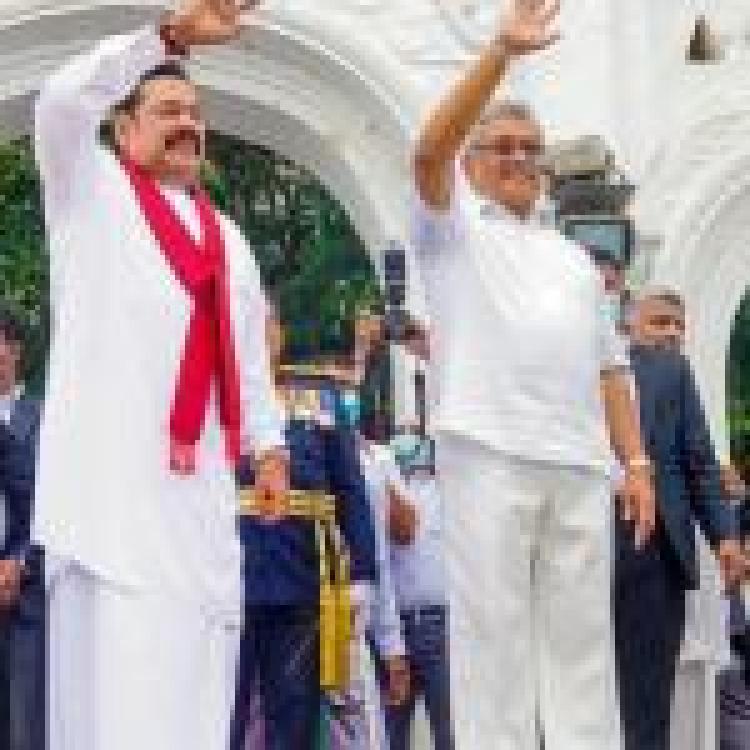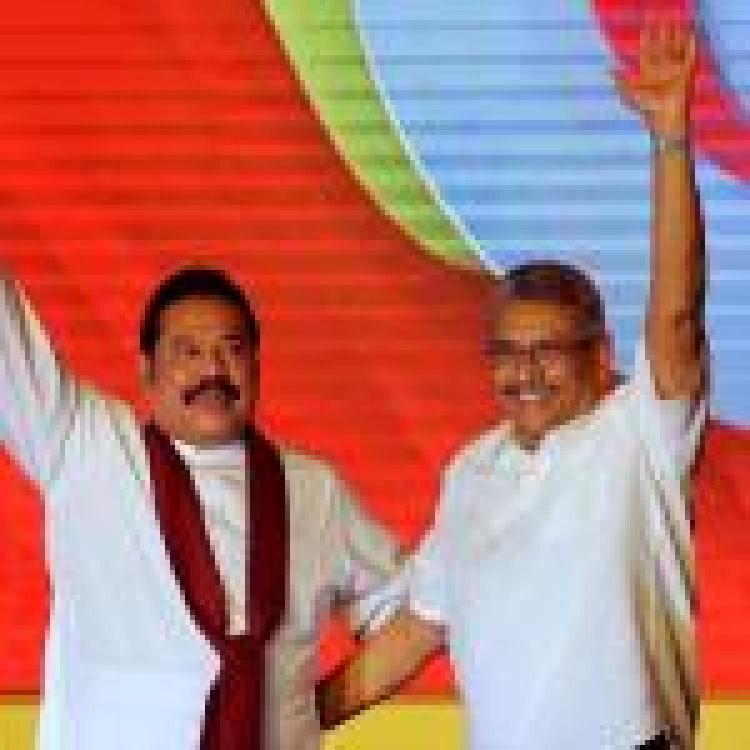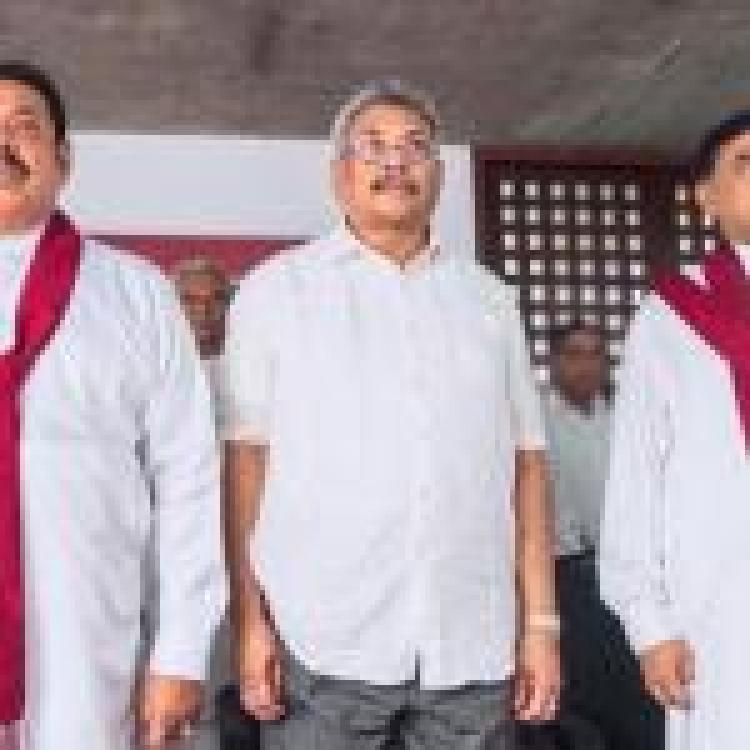People for Equality and Relief in Sri Lanka (PEARL) expressed “grave concerns” about the results of the Sri Lanka’s parliamentary election in fortifying Sri Lanka Prime Minister, Mahinda Rajapaksa and Sri Lanka President, Gotabaya Rajapaksa’s “increasingly autocratic and ethnocratic regime”.
In a statement released earlier this month, PEARL raised fears of how the Rajapaksa-led Sri Lanka Podujana Peramuna (SLPP) party successfully securing a two-thirds majority victory with an “openly Sinhala-Buddhist ethnonationalist platform” will be allowed to make constitutional changes to the 19th Amendment.
“The Rajapaksa’s have previously expressed plans to abolish the 19th Amendment, which limits presidential powers including by imposing term limits, eliminating presidential immunity from prosecution, and creating parliamentary oversight of presidential appointments,” PEARL added.
PEARL emphasised the string of war crimes that the Rajapaksa’s and leading figures in the administration have been accused of and highlighted how they still aren’t held legally accountable for the mass killings of the Tamil people near the end of the civil war.
The statement also went on to address the drop in votes for the leading Tamil party in the North-East, the lack of women representation across Tamil parties and demands to the international community.
Human Rights violations since Gotabaya Rajapaksa’s presidency
Despite it being less than a year since Gotabaya Rajapaksa became Sri Lankan president, he has made numerous drastic transformations which many argue have aided in enhancing the country’s Sinhala-Buddhist chauvinism.
PEARL stressed the implications Gotabaya Rajapaksa has had, particularly in the North-East;
“In less than one year since his election, President Gotabaya Rajapaksa has embarked on a programme of militarization and centralization of power, while increasing the discrimination and harassment of the Tamil and Muslim populations. NGOs, journalists and human rights defenders, particularly those in the North-East, have been targeted, with many choosing to self-censure or flee the country.
Key state bodies, such as the department for emigration and immigration, as well as functions such as issuing driving licenses, have been brought under the military. Military personnel who have been accused of atrocity crimes have been promoted, such as Lieutenant General Shavendra Silva, who is the head of the army.”
Failure to co-operate with post-conflict accountability
PEARL highlighted the Sri Lankan president’s unwillingness to engage in accountability mechanisms for the war crimes committed against the Tamil people on two notable occasions this year;
- The formal withdrawal of Sri Lanka from the UN Human Rights Council Resolution 30/1 (2015) that called for a “judicial mechanism that included foreign judges. In June, Sri Lanka reiterated its rejection of any international involvement in a justice mechanism.”
- The “impunity for security forces accused of crimes against Tamils has continued, with the presidential pardoning of Staff Sergeant Sunil Ratnayake, who was convicted of murdering 8 unarmed Tamil civilians, including 3 children.”
Lack of women representation among Tamil parties
Even though the Tamil National People’s Front (TNPF) and Thamizh Makkal Thesiya Kootani (TMTK) won seats in the election to win representation at parliament, PEARL stated criticism of party representation of minorities within Tamil parties;
“Notably, all-male Tamil representation across parties is deeply concerning and the Tamil polity must embrace voices from marginalized identities across gender, caste, and other oppressed groups.”
Duty as an international community
PEARL called on the international community “to ensure justice and accountability for the past and ensure non-recurrence” and to “take all necessary measures to protect journalists and human rights defenders on the ground, including families of the disappeared, and promote accountability for Sri Lanka’s mass atrocities”.
The statement insisted on states to fulfil demands based on these conditions;
- Establish an independent investigative mechanism to build from the OHCHR Investigation on Sri Lanka to collect, preserve, and analy[s]e evidence to facilitate and expedite criminal justice proceedings as and when they occur
- Use universal jurisdiction and sanctions mechanisms to open investigations and prosecutions against individual perpetrators of mass atrocities in Sri Lanka
- Support efforts to determine state responsibility at the International Court of Justice
- Cut all bilateral and multilateral ties and funding to Sri Lanka’s Armed Forces.
Read the full statement here.




